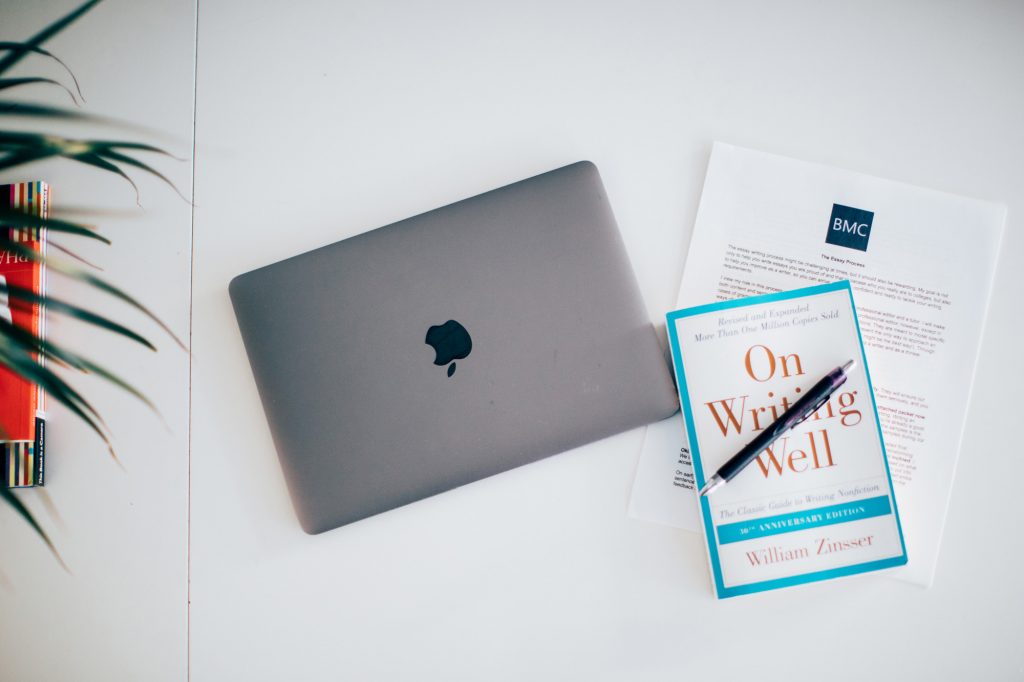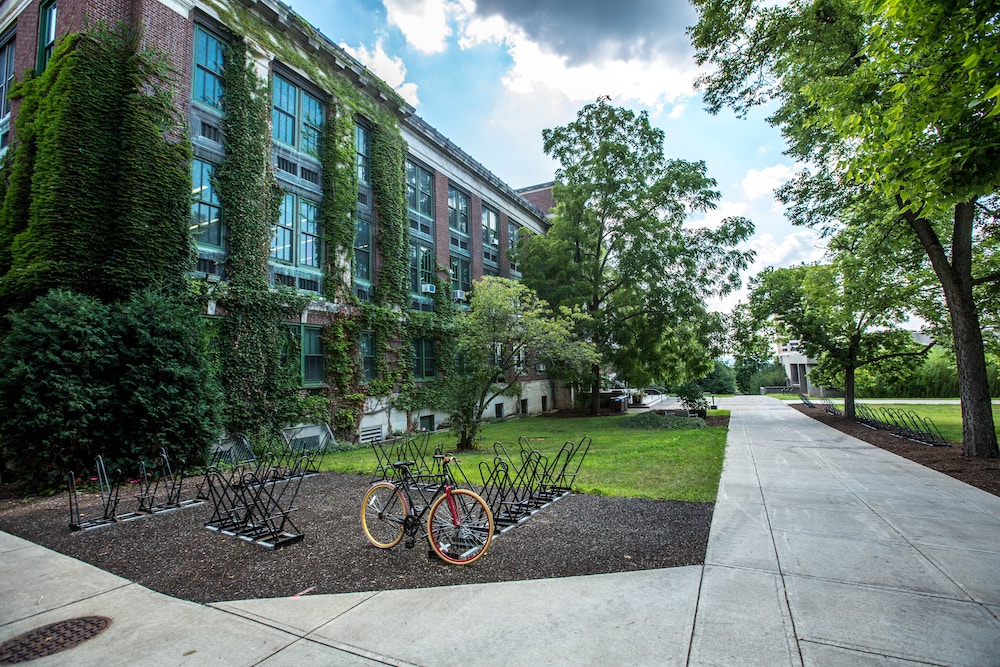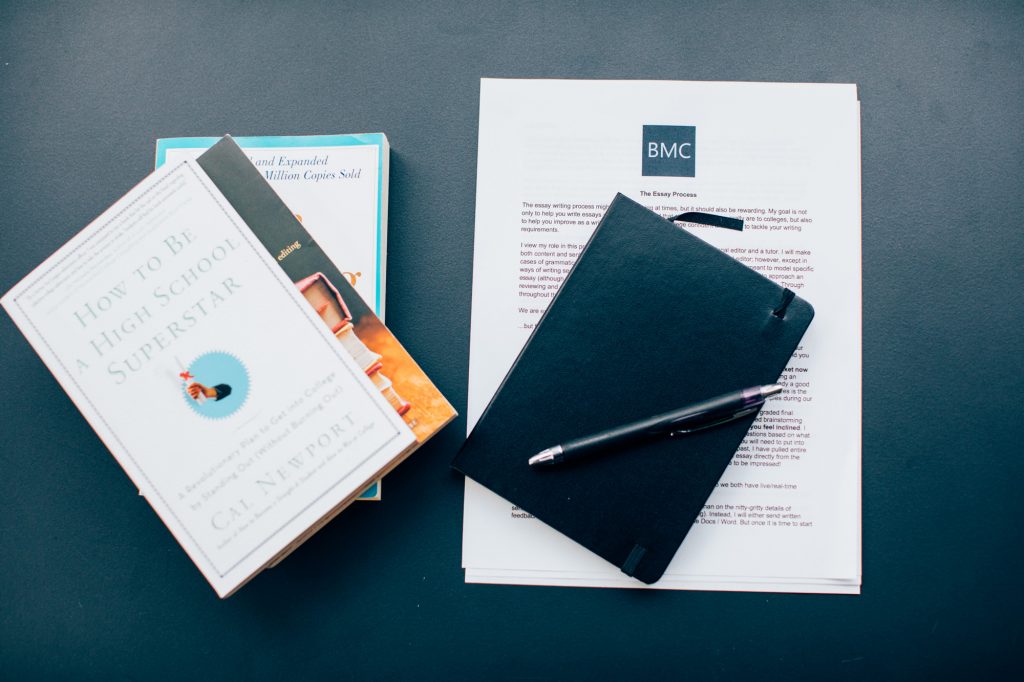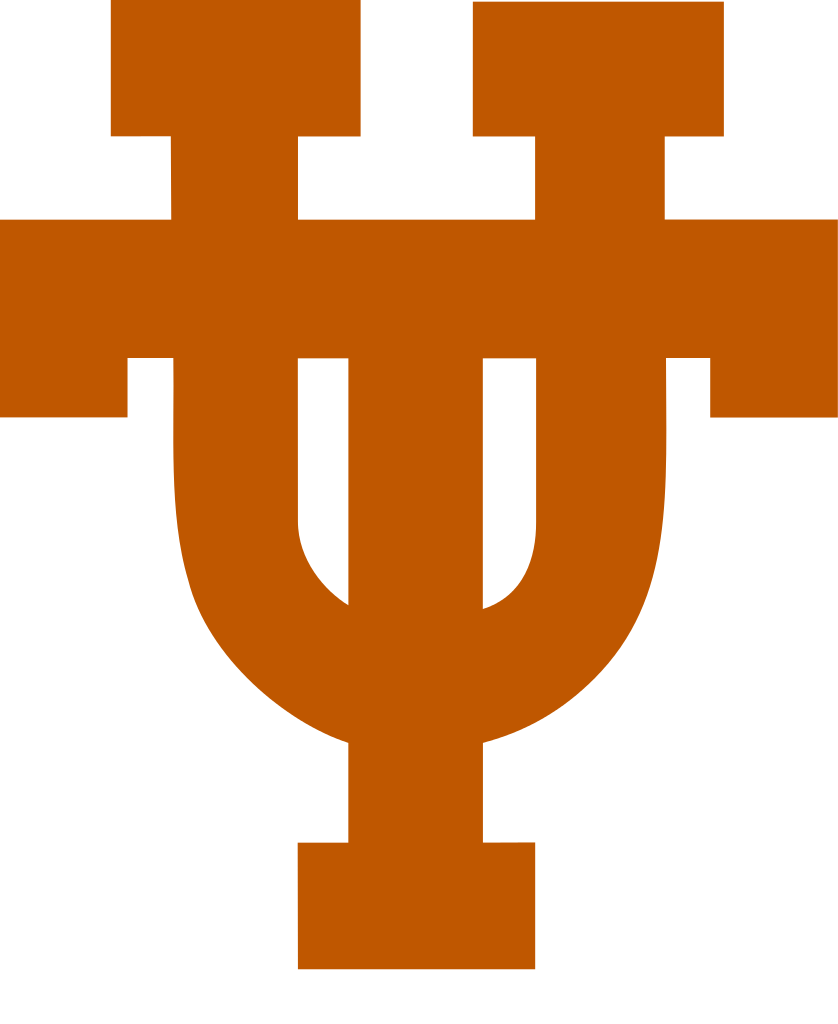
Some colleges and universities do not require any essays to submit an application. These schools do not care about essays.
Some colleges and universities only require a personal statement, but do not require any supplemental essays to apply. These schools care about an essay.
Some colleges and universities require a personal statement and supplemental essays to apply. These schools really care about essays.
Essays—your voice and personal story, not just your “numbers”—do matter if the schools you are applying to require essays as part of their application. Given the importance of essays, here are a few suggestions to keep in mind as you brainstorm for the personal statement, taken straight from the FAQ we give our students:
I am student body president/lacrosse team captain/editor of my school paper/founder of the Computer Science Club/president of the biggest community service effort at my school/insert something else super impressive here—I’m obviously going to write about that for my personal statement (PS), right?
Not necessarily. The reader needs to walk away from the essay having learned something about you that he/she can’t glean from the rest of your application material, so we typically discourage you from writing about any academic or extracurricular accomplishments that are already clearly communicated from your resume or the activities section of your application. There will be plenty of other ways to highlight these aspects of your profile, including your application data, resume, interviews, and supplemental essays and/or interest letters, where applicable. If you want to write about being student body president because being president precipitated some serious personal crisis—then, yes, you might write about that. But if you want to write about being student body president because you think it looks “impressive” to colleges, we will steer you away. They will already be impressed by seeing it on your resume!
Should my PS relate to my intellectual interests and potential major?
Again, not necessarily. Cultural, literary or academic references (e.g., an intellectual or academic interest, connection to future major of study, etc.) can add to an essay, but if you have a compelling personal story, they are usually not needed.
What do you mean when you say “show, don’t tell” or talk about “concrete” versus “abstract” language?
A personal essay like the PS should be written more like a short story or a novel than an academic essay. This means it should include vivid, descriptive, and concrete language. When I use the word concrete, I am talking about using specific details. An example of a specific and concrete sentence is: “I woke up at 6am to my phone blaring ‘Come as You Are’ by Nirvana. I’d had the same alarm for six years, and I still loved it.” This is an exciting opening with interesting details that create a sense of a unique voice and personality and makes me want to keep reading.
An example of a non-concrete sentence on the same topic is: “I like to wake up early.” This sentence doesn’t give me any details and doesn’t have much personality; I feel like anyone could have written it.
An example of an abstract sentence is: “I need to be true to myself.” The use of a conventional idiom makes the sentence boring and vague—what does it mean for you to be true to yourself, in whatever context you’re discussing? I’m not sure.
A strong PS will need to strike a balance between concrete and abstract (but not cliché) language—between action and narrative (concrete) and reflection on that action (abstract).
*Stay in the know! Subscribe*









